Still Believing These Sunscreen Myths? Let’s Fix That
Still believing common sunscreen myths? Learn the truth about SPF, indoor sun protection, and reapplication from dermatology experts at Ranjit Skin & Hair Specialist Clinic.
Dr Priya Gill
10/13/20255 min read
Still Believing These Sunscreen Myths? Let’s Fix That
Sunscreen is one of the simplest and most effective ways to protect your skin from premature ageing, pigmentation, and even skin cancer. Yet, despite all the information available today, sunscreen myths continue to circulate—leading many people to use it incorrectly or skip it altogether.
Dermatologists often find that even patients who care about skincare still misunderstand how sunscreen works, when to apply it, and how much protection it actually offers. This article clears up the most common sunscreen myths and explains how to make SPF truly work for you.
Myth 1: “You Don’t Need Sunscreen Indoors”
Many believe that sunscreen is only necessary when outdoors under direct sunlight. The truth? UVA rays—the ones responsible for skin ageing—can penetrate glass. That means you’re still exposed even when driving, sitting by a window, or working under fluorescent lights.
Studies have shown that cumulative UVA exposure contributes to fine lines, dark spots, and long-term skin damage. Computer and smartphone screens emit very low levels of visible light, but for individuals prone to pigmentation, this can add to uneven tone over time.
✅ Dermatologist tip: Apply a broad-spectrum sunscreen with SPF 30 or higher every morning, even if you’re staying indoors. Reapply if you spend long hours near windows or use devices for extended periods.
Myth 2: “One Application in the Morning Is Enough for the Whole Day”
This is one of the most widespread sunscreen myths. While sunscreen creates a protective film over the skin, it doesn’t last forever. Sweat, oil, makeup, and touching your face gradually wear it away.
Even if you’re not swimming or sweating, the effectiveness of SPF naturally decreases after a few hours. Reapplying every 2–3 hours ensures continuous protection throughout the day—especially in Malaysia’s humid weather, where sunscreen can break down faster.
✅ Dermatologist tip: Keep a travel-sized sunscreen or SPF mist in your bag for easy reapplication. If you wear makeup, gently pat on a powder SPF or spray formula instead of rubbing.
Myth 3: “SPF 100 Means Double the Protection of SPF 50”
It’s easy to assume that higher SPF equals much stronger protection, but that’s not exactly true. SPF 50 blocks about 98 percent of UVB rays, while SPF 100 blocks 99 percent. The difference is minimal—and neither offers complete protection.
What truly matters is how generously you apply sunscreen and how often you reapply it. A higher SPF can provide a small safety margin for people who tend to under-apply, but it’s not a substitute for good habits.
✅ Dermatologist tip: Use about a ¼ teaspoon for your face and neck, and a full shot-glass amount (about 30 ml) for your entire body. Don’t rely on SPF 100 as an excuse to stay longer in the sun.
How to Use Sunscreen Correctly
To maximise protection, here are simple dermatologist-approved steps:
Apply last in your skincare routine, before makeup.
Sunscreen should form the final barrier on your skin before any cosmetics.
Use enough product.
Most people apply less than half of what’s needed to achieve full SPF protection.
Reapply every 2–3 hours.
Especially after sweating, swimming, or wiping your face.
Don’t forget hidden areas.
Ears, neck, lips, hands, and feet are often neglected yet highly exposed.


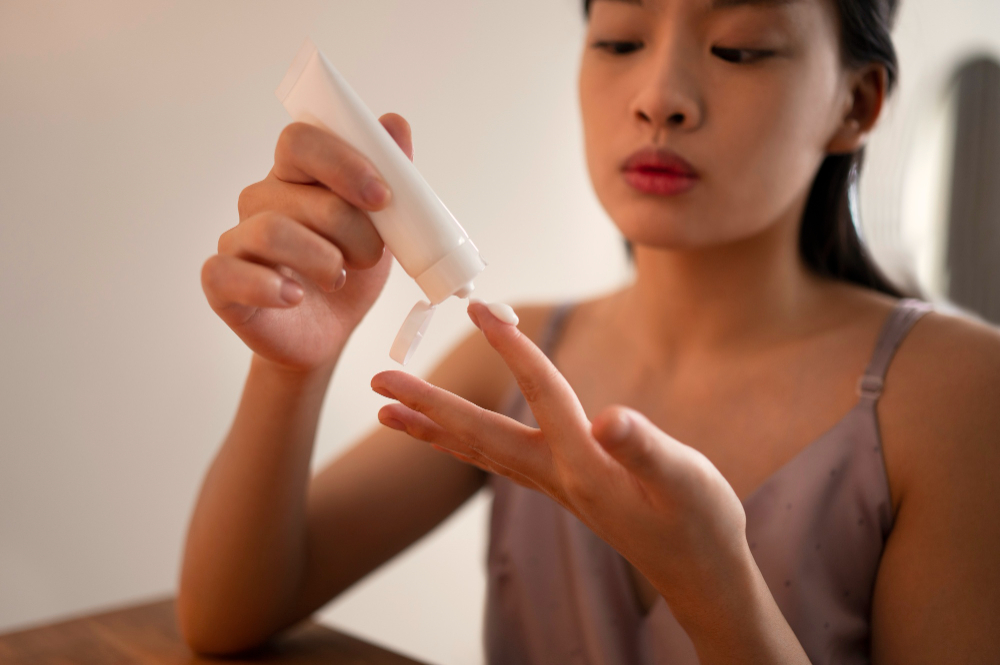

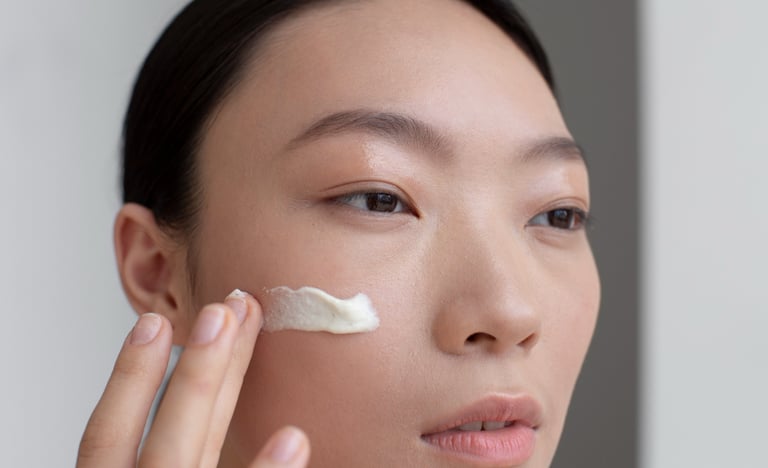

Need Help Personalising Your Skin & Hair Care?
Don’t let misinformation guide your skin and hair care. Consult the experts at Ranjit Skin & Hair Specialist Clinic and get a personalised treatment plan that works.
Book your consultation today. Your skin deserves the truth—and expert care.
Whatsapp at +60 12-279 4980 to make an appointment!
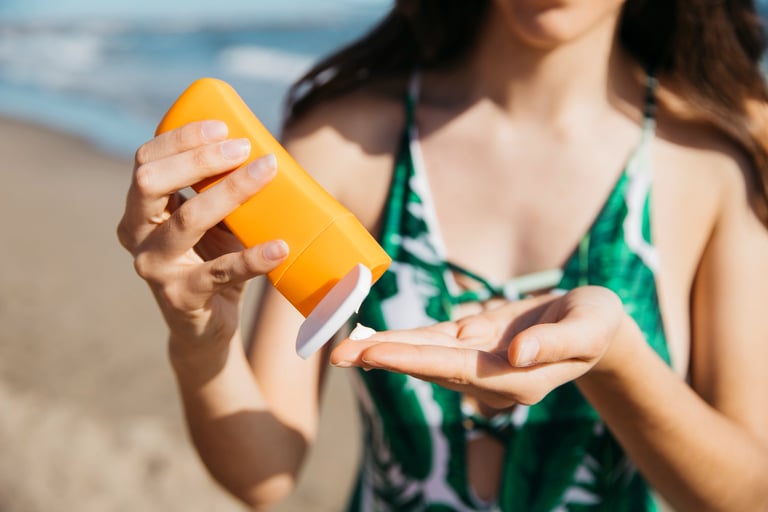

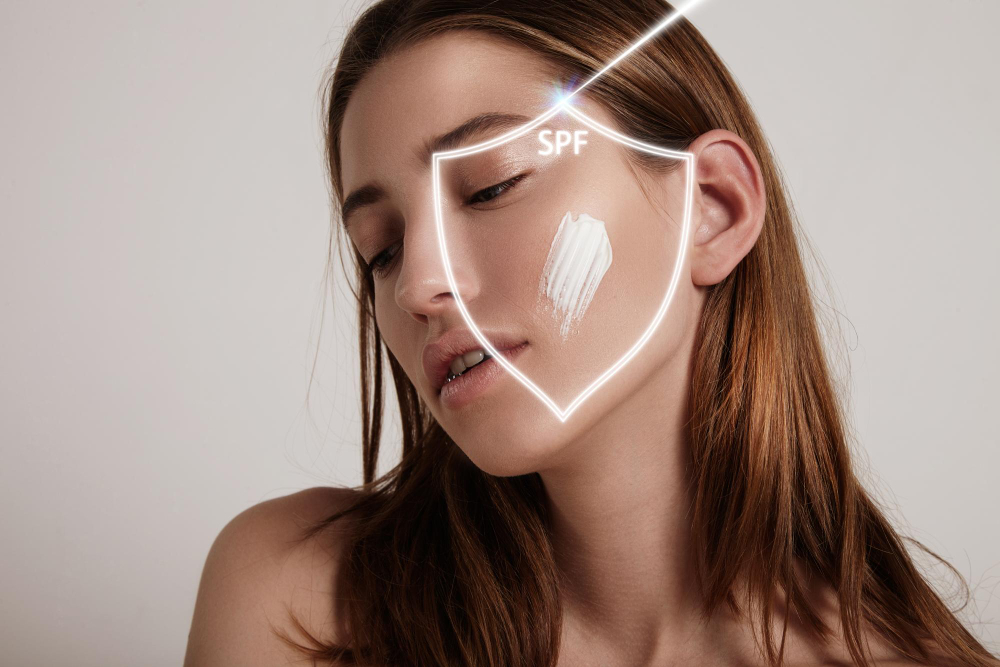

Myth 4: “A Higher SPF Lets You Stay Longer in the Sun”
Another common misconception is that a high-SPF product acts like an all-day shield. In reality, SPF only measures protection against UVB rays—not UVA rays, which cause ageing and pigmentation.
No matter the SPF number, sun exposure still adds up and can lead to cumulative skin damage. Extended outdoor activity without reapplication or other protective measures—like hats and shade—still increases the risk of sunburn and premature ageing.
✅ Dermatologist tip: Think of sunscreen as part of your overall sun-safety routine, not a license to sunbathe. Combine it with sunglasses, wide-brimmed hats, and protective clothing whenever possible.


Bonus Myth: “Sunscreen Causes Breakouts”
Many people with oily or acne-prone skin avoid sunscreen out of fear that it will clog pores or worsen acne. This was once true when sunscreens were heavier and oil-based, but today’s formulations are much lighter.
Look for labels like “non-comedogenic,” “oil-free,” or “gel texture.” Mineral sunscreens containing zinc oxide or titanium dioxide are particularly well-tolerated by sensitive and acne-prone skin.
✅ Dermatologist tip: Always remove sunscreen at the end of the day with a gentle cleanser to prevent buildup and irritation.
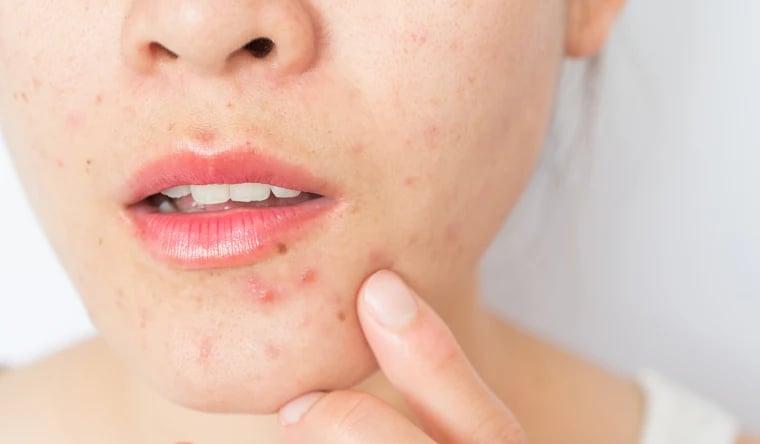

The Bottom Line
Sunscreen is more than a beauty step—it’s an essential part of long-term skin health. Dispelling these sunscreen myths helps you make better decisions and truly protect your skin from premature ageing, sunburn, and skin cancer risk.
If you’re unsure which SPF formulation suits your skin type—whether it’s oily, dry, or sensitive—it’s best to get personalised advice from a qualified dermatologist.
At Ranjit Skin & Hair Specialist Clinic, our dermatologist guides patients in choosing sunscreens that fit their daily lifestyle and skin needs, ensuring comfort and consistent use.
🌤 Protect your skin—the right way.
For expert skincare consultation, book an appointment with Ranjit Skin & Hair Specialist Clinic today.


Expert dermatology and hair care solutions await.
Address
C4, Jalan SS15/4D, Subang Jaya, 47500 Petaling Jaya, Selangor
© 2025. All rights reserved.


Contacts
Clinic: +60356316090
Whatsapp: +60122794980
Email: klinikranjit16@gmail.com
